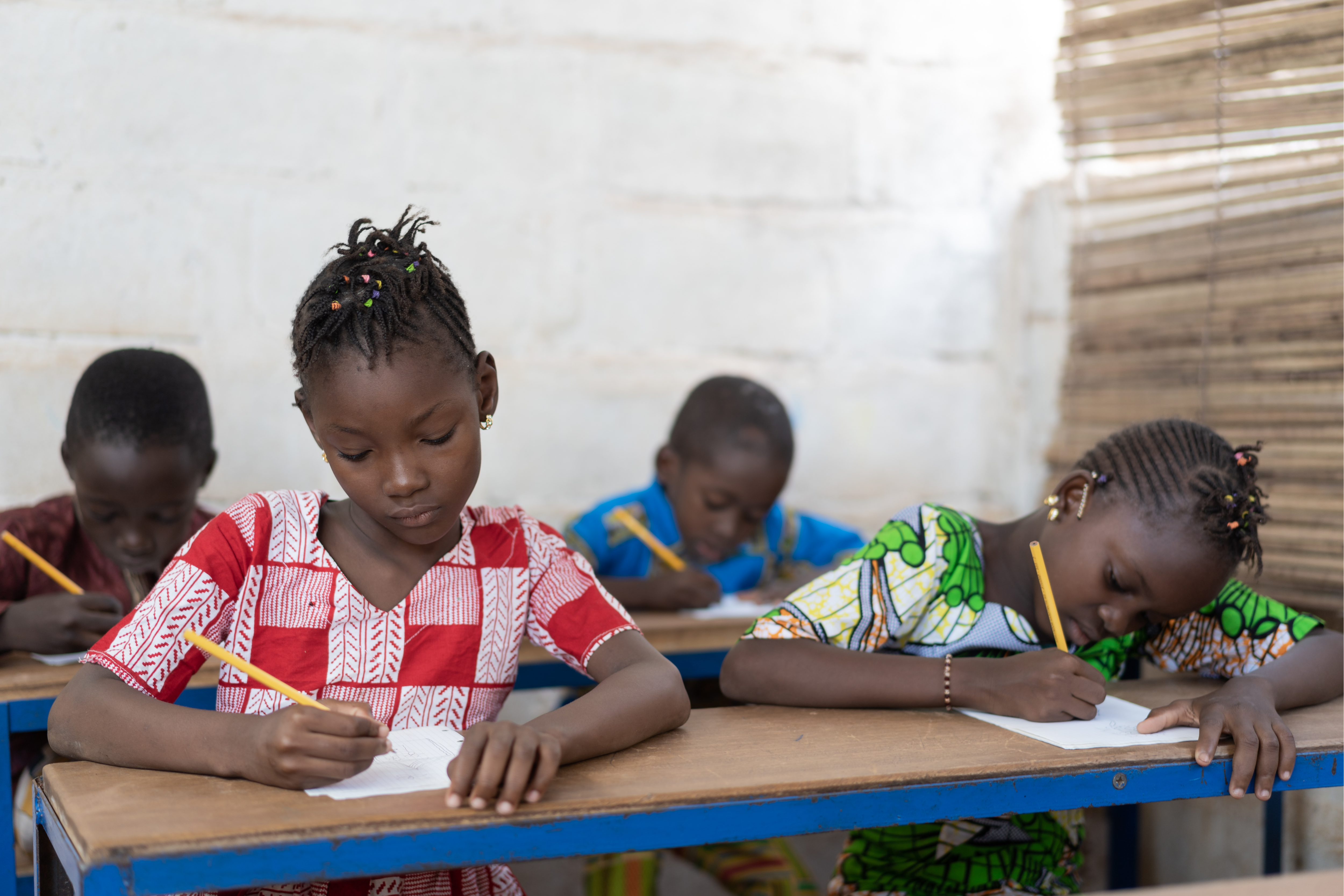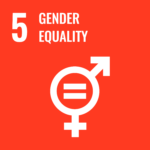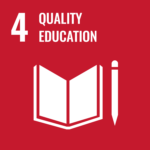 Feature post for International Day of Education by Georgia Naughton-Watt and Francesa Lawe-Davies, Consultants with Alinea International based in Asia-Pacific – with contributions by Suzane Louchard, Ryan Turley and Mahamadou Abdou.
Feature post for International Day of Education by Georgia Naughton-Watt and Francesa Lawe-Davies, Consultants with Alinea International based in Asia-Pacific – with contributions by Suzane Louchard, Ryan Turley and Mahamadou Abdou.
The theme of this year’s International Day of Education, Changing Course, Transforming Education, calls for a new social contract; for more equitable and inclusive education systems that will accelerate progress towards Sustainable Development Goal 4; and for the political will to address gaping inequalities.
The education sector has understandably been focused on the impacts of COVID-19 – the biggest disruption to learning in modern history. However, for many countries, especially in Sub-Saharan Africa, the pandemic is yet another compounding factor in protracted multi-dimensional crises. COVID-19 has exacerbated existing fragilities and challenges – especially for adolescent girls.
Plan International estimated that even prior to the pandemic 128 million primary and secondary school-aged children were out of school in crisis-affected countries, including 67 million girls. Conflicts shatter entire communities and set back development by decades, but adolescent girls face specific vulnerabilities due to their age and gender. When girls drop out of school, they are at greater risk of early and forced marriage, gender-based violence and early pregnancy. Girls in crisis-affected countries are more likely to be married before the age of 18 than to finish school.
In Mali, for example, the World Bank estimates that 38 percent of primary school aged girls, and 28 percent of boys are out of school. A long-running conflict punctuated by successive coups and economic sanctions severely constrain the delivery of education. Schools are underfunded, and often forced to close due to the threat of attacks by insurgents. And overcrowded schools in host communities struggle to accommodate displaced children. The risk of violence travelling to and from school keeps students out of classrooms, especially girls – and online learning is beyond the reach of most families. Mali is now one of twelve countries at extreme risk of failing to meet the Sustainable Development Goals on Education (4) and Gender Equality (5).

United Nations Sustainable Development Goal 5

United Nations Sustainable Development Goal 4
Neighbouring Burkina Faso is grappling with similar challenges. Rising violence over the last decade has displaced more than a million people, over half of whom are under 15, and caused the closure of more than 3,000 schools. Even prior to the last wave of violence, 33 percent of primary school aged girls and 30 per cent of boys were out of school, with enrolment dropping off and gender gaps widening as girls reach adolescence. Learning outcomes are very poor, with 80 percent of girls and 78 percent of boys who complete primary school unable to reach minimum proficiency levels. Children with disabilities are at an even greater disadvantage.
The UN General Assembly established the International Day of Education in 2018 to promote the role of education in peace and development.
Nowhere is this more urgent than in conflict-affected countries. But there are no quick fixes. Addressing the underlying causes of conflict and gender inequality, and strengthening education systems, requires sustained focus. Education, peacebuilding, and gender equality are mutually reinforcing – and all are critical to young women’s and men’s futures.
Alinea International, with support from the Canadian Government under its Feminist International Assistance Policy, is working with the Ministries of Education in both Mali and Burkina Faso to improve access to quality education, especially for girls. Our projects work at school and community levels to improve access, retention and learning and address urgent humanitarian needs – but maintain focus on the longer-term system improvements that will contribute to sustainable change.
Our DÉFI (Girls’ Education Challenge) project in Mali supports education opportunities for the most vulnerable – including girls and boys who have been displaced, and those who are out of school or at risk of dropping out – with accelerated learning programs, informal education and vocational skills training alongside support to mainstream schools. DÉFI trains teachers in how to support girls’ health, safety and wellbeing as well as their learning. DÉFI uses interactive radio programming in local languages to encourage parents to enroll their daughters in school. All this work is undertaken with and through the Ministry of Education, underpinned by support on gender-responsive policy, planning and budgeting.
In Burkina Faso, our PARITÉ (Technical and Institutional Reforms for Equity in Education) project works with the Ministry of Education to support learning improvement and address rising inequality by training teachers and education supervisors in gender-sensitive pedagogy and school-based violence prevention. It works with parents and School Management Committees to address barriers to education, including early marriage and pregnancy, and strategies to promote the retention of girls and learners with disabilities. PARITÉ also supports the Ministry with gender-sensitive planning, budgeting, monitoring and evaluation.
Education is a human right that empowers children to shape their own futures and fulfil their potential. It also unlocks development for entire communities and, ultimately, nations. Ensuring girls can learn in a safe environment is particularly transformative. Enabling girls’ access to inclusive, quality education not only equips them with knowledge and skills that improve their health, wellbeing, earning and leadership opportunities, but it is critical to establishing and maintaining lasting peace.
A focus on the most marginalised is central to achieving the ambition of today’s International Day of Education. Efforts to transform education must mean transformation for all.
